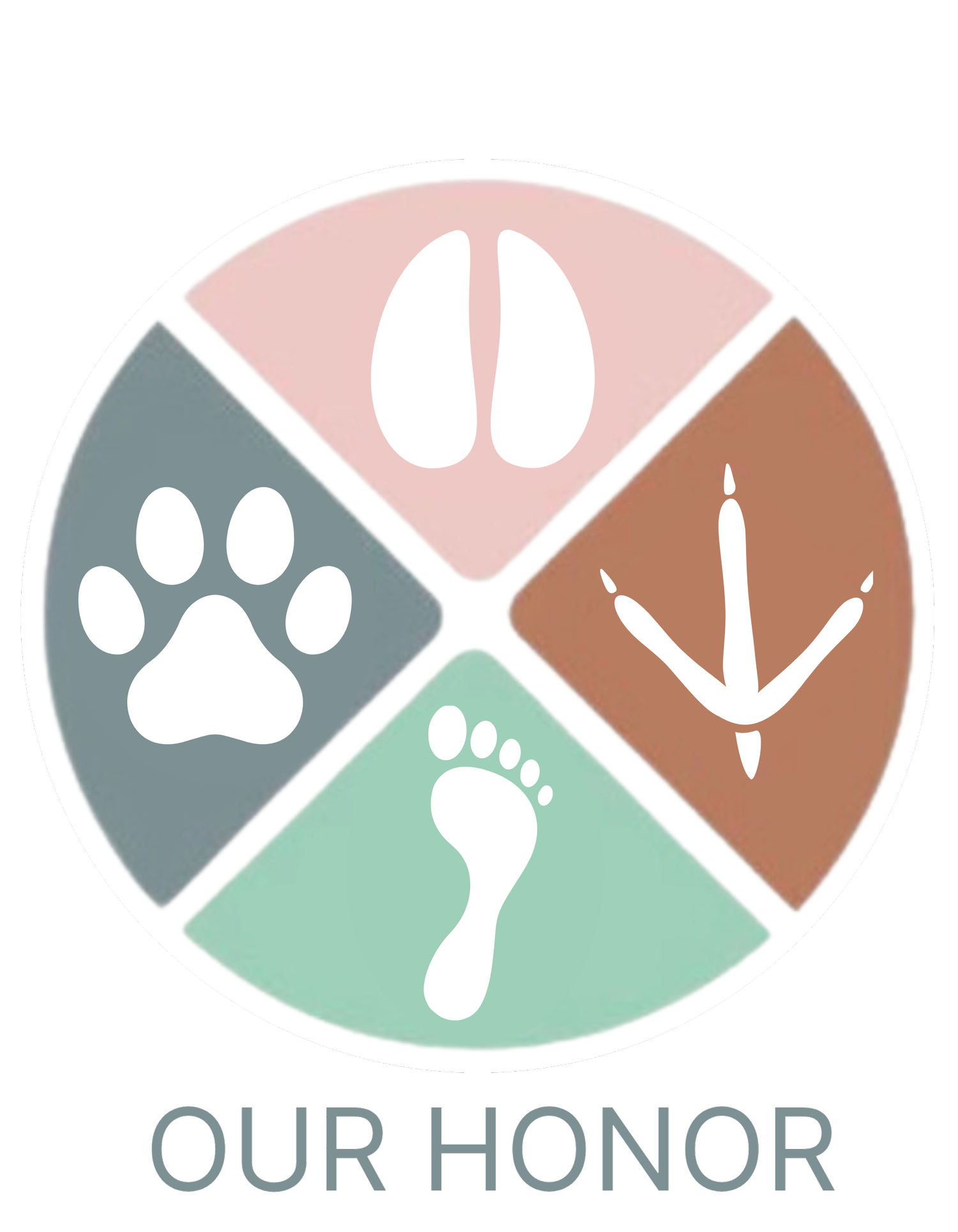As a Veterinarian, I Urge You to Oppose Section 12007 of the Farm Bill
Gestation crates at Fair Oaks Farms in Fair Oaks Indiana. Taken during the tour on June 6, 2025
Please copy and paste the letter below and send to your representatives.
You can also sign on to this letter below. But sending it personally is more effective. Do both!
Subject: As a Veterinarian, I Urge You to Oppose Section 12007 in the Farm Bill
Dear [Representative/Senator] [Last Name],
As a licensed veterinarian and constituent, I am writing to urge you to oppose Section 12007 of the Farm, Food, and National Security Act of 2024. This provision would override voter-approved state laws like California’s Proposition 12, which was enacted to reduce the sale of meat from animals subjected to extreme confinement.
Proposition 12 and similar laws are rooted in both science and ethics—and they are essential to public health. Section 12007 would strip states of their right to protect residents from unsafe and morally objectionable products, violating the Supreme Court’s 2023 ruling in National Pork Producers Council v. Ross, which affirmed states’ constitutional authority to regulate products sold within their borders based on legitimate moral and health concerns.
The science is clear: confining pregnant pigs in gestation crates harms animals, jeopardizes food safety, and burdens our healthcare system.
Research shows that 92.6% of crated sows exhibit abnormal, repetitive behaviors—known as stereotypies—within just one hour of observation. These are not benign behaviors. They are coping mechanisms triggered by psychological distress.
Confinement also has physiological consequences. Crated sows have markedly higher levels of stress hormones like adrenaline and noradrenaline compared to group-housed sows. This stress response weakens their immune systems and promotes the growth and virulence of foodborne pathogens such as Salmonella, Campylobacter, and Staphylococcus aureus. These pathogens often infect their piglets—who are born immunosuppressed and frequently remain infected until slaughter.
Unlike producers’ claims, these infections frequently go undetected during inspections. When infected pigs are slaughtered, the resulting pork can transmit disease to consumers. This isn’t hypothetical—it’s happening now.
Piglets of group-housed sows show better resistance and resilience and are exposed to fewer pathogens.
Pork is now the leading source of foodborne illness in the U.S., responsible for an estimated 787,000 illnesses annually.
Salmonella alone is responsible for $1.9 billion in annual public health costs, and 60% of sows test positive for it. Ten percent of these strains are multidrug-resistant.
Campylobacter from pork causes 37,000 infections in the U.S. annually, and 83% of Campylobacter found on commercial pork chops is resistant to at least one medically important antibiotic.
The overuse of antibiotics in pork production worsens this crisis. According to 2022 data from the FDA:
89% of pork producers administer antibiotics through feed or water.
27.1% of all medically important antibiotics sold in the U.S. are used in pork production.
This contributes directly to the rise of antimicrobial resistance—a threat the World Health Organization estimates is responsible for 700,000 deaths each year.
And yet, despite these facts, the American Veterinary Medical Association (AVMA) has endorsed Section 12007. I want to be clear: the AVMA does not represent the ethical views of most veterinarians. In a survey sent to over 70,000 veterinary professionals, 72% of respondents found gestation crates “very objectionable.”
While the AVMA has made incremental changes to its sow housing guidelines, the language remains vague and is routinely exploited by industrial producers to justify practices that harm animals and erode consumer trust. We’ve seen this before. During the avian influenza outbreaks, many companies invoked AVMA-endorsed depopulation methods like ventilation shutdown plus (VSD+) to kill millions of animals under “constrained circumstances,” rather than investing in less cruel alternatives.
Supporting Section 12007 would set a dangerous precedent—prioritizing industry convenience over state sovereignty, consumer safety, and the foundational values of veterinary medicine.
As a veterinary professional, I urge you to reject Section 12007. Let the will of the voters stand. Let states continue to be allowed to set their own standards for public health and animal welfare.
And let us defend our food system from the very real threats posed by extreme confinement and industry overreach.
Thank you for your time and your service.
Sincerely,

